The world of electronic gadgets is vast and ever-evolving, with numerous brands vying for the top spot in innovation and customer satisfaction. From smartphones to smart home devices, the market is flooded with options that promise cutting-edge technology and sleek designs. Top brands like Apple, Samsung, and Sony have consistently led the sector, known for their reliable and advanced products. To explore a comprehensive list of the best brands for electronic gadgets and find the perfect match for your needs, continue reading below.
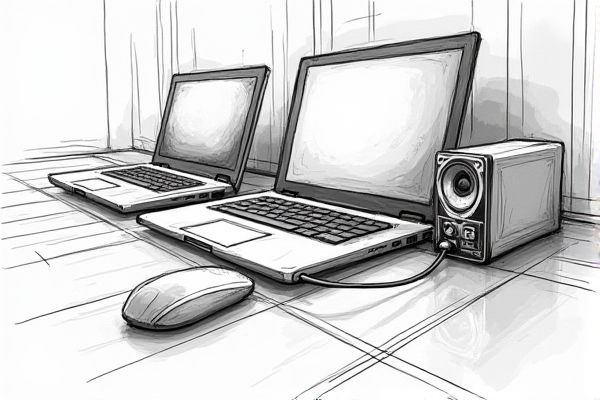
Illustration of electronic gadgets
Best brands of electronic gadgets in 2025
Apple
Apple is one of the leading producers of electronic gadgets, renowned for its innovative and user-friendly products. As of Q1 2024, Apple's iPhone market share has reached 17%, the highest in recent years, and the company has around 2.2 billion active devices worldwide. In 2023, Apple generated $383.29 billion in revenue, with iPhone sales accounting for 50.46% of its revenue in Q2 2024. The company's services division, including Apple Music with 93 million subscribers, contributed significantly to its growth. Apple's strong brand positioning and robust ecosystem have enabled it to outperform competitors despite sector challenges. For more detailed statistics, visit this Apple Stats page.
Samsung
Samsung Electronics has solidified its position as a leading producer of electronic gadgets, maintaining its reign as the global TV market leader for 18 consecutive years, with a 30.1% market share in 2023. The company dominates the premium TV sector, holding a 60.5% market share for TVs priced over $2,500 and a 33.9% share for TVs over 75 inches. In the semiconductor market, Samsung recorded a 42.2% global market share in 2023. Samsung also shipped 226.6 million smartphones in 2023, capturing 19.4% of the global smartphone market. The brand's innovative products, such as the QLED and OLED TV lineups, continue to drive its success.
Sony
Sony, a leading manufacturer of consumer electronic products established in 1946 and headquartered in Tokyo, Japan, dominates various markets, including a 66.6% market share in the PlayStation segment and a 55% share in image sensors as of 2024. Sony's revenue in 2023 was $87.16 billion, with a projected growth to $90.18 billion by 2024. The Games and Network Services segment accounts for 31.3% of Sony's sales, and the company has shipped 25 million units of the PlayStation 5 as of 2023. Sony also holds a significant 27% market share in the global television industry. For more detailed information, visit their official website.
Microsoft
Microsoft stands as a leading producer of electronic gadgets, boasting a 21% market share in the global tech industry and a market cap of $2.254 trillion as of April 2023. The company's revenue has consistently increased, with a global year-on-year revenue growth of 18% between 2021 and 2022, reaching $211.92 billion in 2023. Microsoft's Windows operating system dominates the desktop market with nearly 70% share, and its Office 365 holds a 45.46% market share in office productivity software. The company's Azure cloud services generated $80 billion in revenue in 2023, and its Microsoft 365 cloud office suite contributed $49 billion. Microsoft employs approximately 221,000 full-time workers globally, with 60% based in the United States. For more detailed statistics, you can visit their website at Microsoft Stats.
Lenovo
Lenovo stands as a leading producer of electronic gadgets, having consolidated its position as the world's largest PC maker with a global market share of 24.8% in the third quarter of 2024, according to Canalys. The company shipped 16.5 million PCs in this period, marking a 3% year-on-year increase. Lenovo's revenue rose 20% year-on-year to $15.4 billion, driven significantly by a 65% jump in its infrastructure solutions group. Since 2013, Lenovo has been the largest seller of PCs in terms of unit sales, operating in over 70 countries and reaching more than 160 countries. The company's strong market presence is further highlighted by its significant revenue figures, such as $12.635 billion in the quarter ending March 31, 2023. For more detailed insights, visit their global PC market share article.
LG
LG Electronics, a leading manufacturer of electronic gadgets, particularly dominates the OLED TV market with a significant 52% market share in the first quarter of 2024 and a 49.4% share in terms of quantity in the first half of the year. LG's OLED TVs, especially the ultra-large models of 75 inches and above, held a 58% shipment market share, emphasizing the company's focus on premium and large-scale products. In the global TV market, LG secured a 16.6% revenue-based market share and shipped 5,411,000 units in the first quarter. The company's Home Appliance & Air Solution segment generated around $23 billion in revenue in 2023, positioning it as LG's largest business segment. LG's innovative products, such as the Alpha AI Processor and web OS, further solidify its position in the consumer electronics market.
Huawei
Huawei is a leading producer of electronic gadgets, notably holding a 4% global smartphone market share as of July 2023 and a significant 17% market share in China's smartphone market in Q1 2024. The company is also a major player in the 5G sector, with a 24.8% share of 5G subscribers by RAN vendor. Huawei has a strong R&D focus, with over 120,000 active patents and an investment of CNY997.3 billion in R&D in 2022. Its Harmony OS has seen significant adoption, with 320 million active installations by the end of 2022. Huawei's revenue for the first half of 2023 was CNY310.9 billion, marking a 10% increase from the previous year. For more detailed insights, visit Huawei's statistics page.
Dell
Dell Technologies stands as a leading producer of electronic gadgets, boasting a significant market share in the computer hardware industry. As of Q3 2024, Dell holds a 16.20% market share in the computer hardware sector and has achieved 18 consecutive quarters of year-over-year PC market share gains. The company is also the world's No. 1 in worldwide workstation and monitor shipments. Dell's revenue for 2024 is projected to be around $88.43 billion, with the Client Solutions Group contributing $48.92 billion and the Infrastructure Solutions Group contributing $33.89 billion. Additionally, Dell shipped 64.28 million PC units globally in 2023, highlighting its strong presence in the market. For more insights into Dell Technologies' achievements, visit their investor relations page.
ASUS
ASUS is a leading producer of electronic gadgets, renowned for its innovative and high-quality products. As of 2023, ASUS held a 6.5% global market share in PC unit shipments and shipped 20.7 million PCs globally, demonstrating significant growth in the market. The company's largest revenue-generating segment is personal computers, accounting for 63% of its revenue in 2023. ASUS also dominates the gaming laptop market, with a notable 40% global market share in this segment as of 2016. With a strong presence in Asia, Europe, and the Americas, ASUS continues to solidify its position as a major player in the PC world. For more insights on their journey, visit their official history page.
HP
HP is a leading producer of electronic gadgets, consistently holding the highest market share in hardcopy peripherals, with a 33.4% market share in Q3 2023 and a historical high of 41.2% in 2020. In the PC market, HP maintained a significant presence, shipping 22.7% of all PC units sold in the United States in the first quarter of 2022. As of 2022, HP's global PC shipment market share was 18.8%, and the company has been the world's leading PC manufacturer from 2007 to 2013. HP's profit margin was 9.61% as of August 2022, indicating strong financial performance. The company's dominance extends to other areas, such as PC monitors and components, where it is a major competitor. For further insights, you can explore more printed electronics statistics.












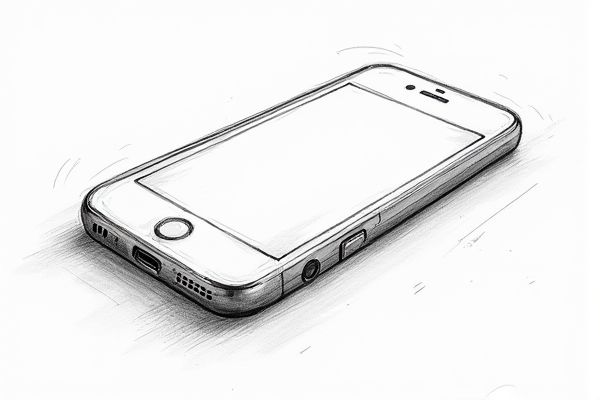
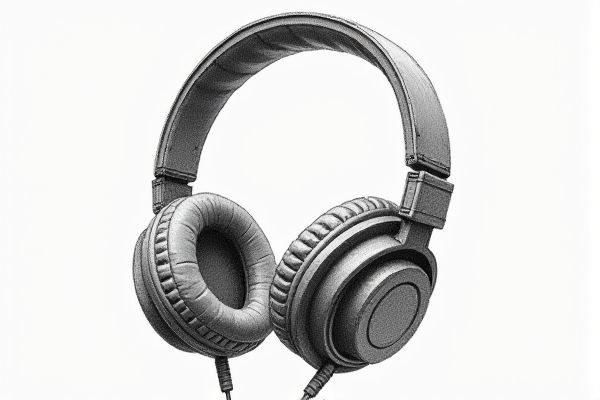
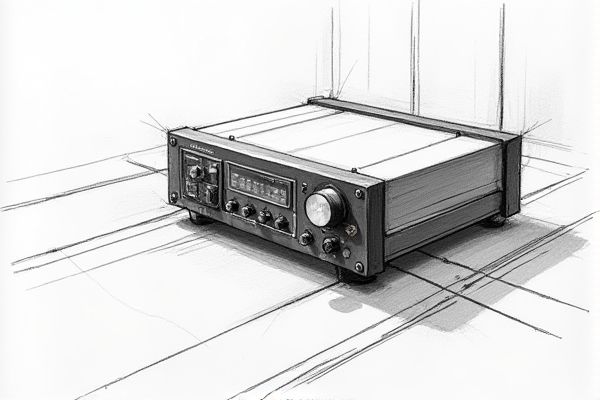
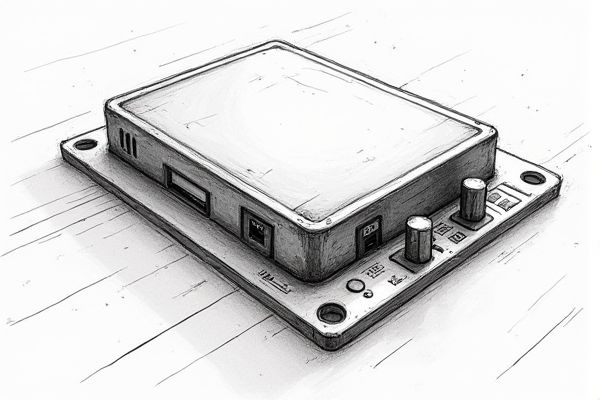
Leave a Reply
Your email address will not be published.